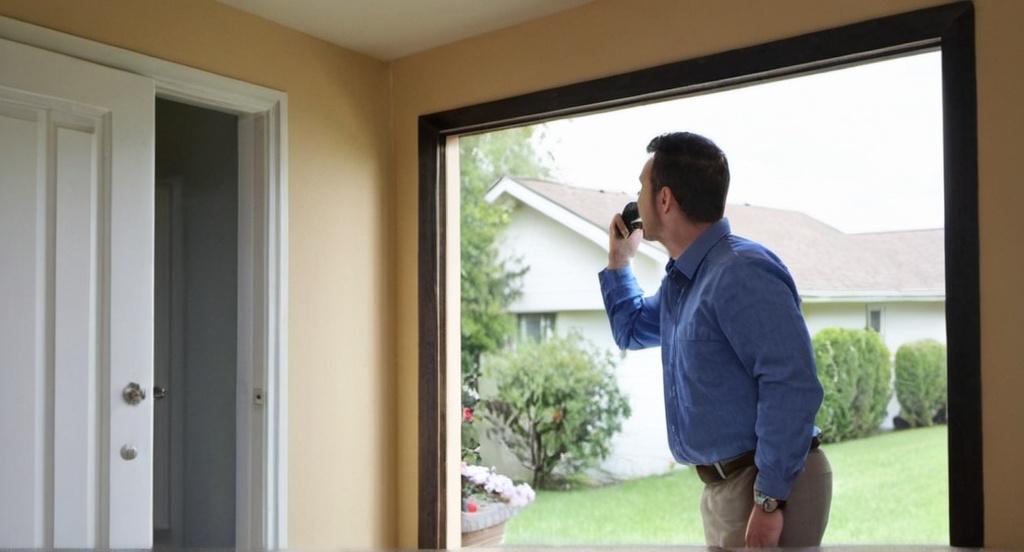Key Take Aways about Condominiums as Investment Properties
- Condos are often cheaper with lower maintenance responsibilities.
- Location is crucial; proximity to amenities boosts rental appeal.
- Condos can offer steady rental income but require market research.
- Financing can be tricky; lenders may demand higher down payments.
- HOA fees cover expenses but can restrict usage and increase with repairs.
- Appreciation potential varies greatly; monitoring market trends is key.
- Compared to other properties, condos provide lower costs and maintenance but come with HOA fees.

Investing in Condominiums
Investing in condos can feel like a rollercoaster ride but with fewer seatbelts and more paperwork. Condos offer a unique proposition compared to other real estate investments like single-family homes or townhouses. They can be a savvy addition to your portfolio, but they ain’t without their quirks.
Why Condos?
So, why consider condos as a money-making machine? A couple of reasons. First off, they’re often cheaper than houses, making them a more accessible option for new investors. Not to mention, the maintenance responsibilities are typically lower since the Homeowners Association (HOA) takes care of the heavy lifting – think roofs and landscaping, not pet grooming. This makes them appealing for investors who want minimal maintenance headaches.
Location, Location…You Know the Drill
Like your mom always said about real estate: location is everything. Condos are often smack-dab in the middle of bustling city centers or close to desirable amenities, making them attractive to renters. Proximity to work, schools, and transport can make your condo the belle of the rental ball.
Rental Income Potential
On rental income, condos generally promise steady cash flow. But don’t count your chickens before they hatch. Research local rental trends to gauge if the income will be worth the investment. Cities with a strong rental market or a shortage of housing options could provide a reliable tenant pool.
Financing and Taxes: The Nitty Gritty
Financing a condo isn’t always a walk in the park. Lenders can be picky about condos, especially in buildings with high rental occupancy or shaky HOA finances. Mortgage rates can be on the pricier side, and some banks may require a heftier down payment compared to single-family homes. Speaking of numbers, don’t forget taxes. Property taxes can vary greatly depending on the location, so it’s worth double-checking before you jump in with both feet.
Association Dues and Rules
Now, let’s chat about the HOA, the gatekeepers of condo investments. Fees can be as low as a cup of coffee or as high as a trendy handbag. These dues cover shared expenses, but keep in mind they can rise if the building needs major repairs. Rules and regulations set by the HOA can also limit what you can and can’t do with your unit. They might restrict short-term rentals or dictate what you can hang on your balcony, so read that fine print closely.
Appreciation and Market Trends
Condos don’t always appreciate like single-family homes. Market trends are a fickle beast – they vary drastically by region and economic conditions. Study the area’s real estate market history to predict future growth. Sometimes, waiting out a dip for a potential upswing can be a real game of patience.
Condos vs. Other Properties
Comparing condos to other property types? Here’s a simplified table to paint the picture:
| Aspect | Condo | Single-Family Home | Townhouse |
|---|---|---|---|
| Maintenance Responsibility | Typically lower | Higher | Moderate |
| Cost | Lower | Higher | Moderate |
| Rental Demand | High in urban areas | Variable | Variable |
| Association Fees | Yes | No | Yes/No |
| Appreciation Potential | Variable | Potentially higher | Moderate |
Summary of Investing in Condos
Investing in a condo might not make you the next real estate mogul overnight, but it can be a solid bet with the right approach. Do your homework, understand the market, and keep a close eye on those pesky HOAs. Condos can add a valuable notch to your investing belt, promising decent rental income and less maintenance hassle. Just keep your expectations in check, and you won’t be left holding an overpriced bag.